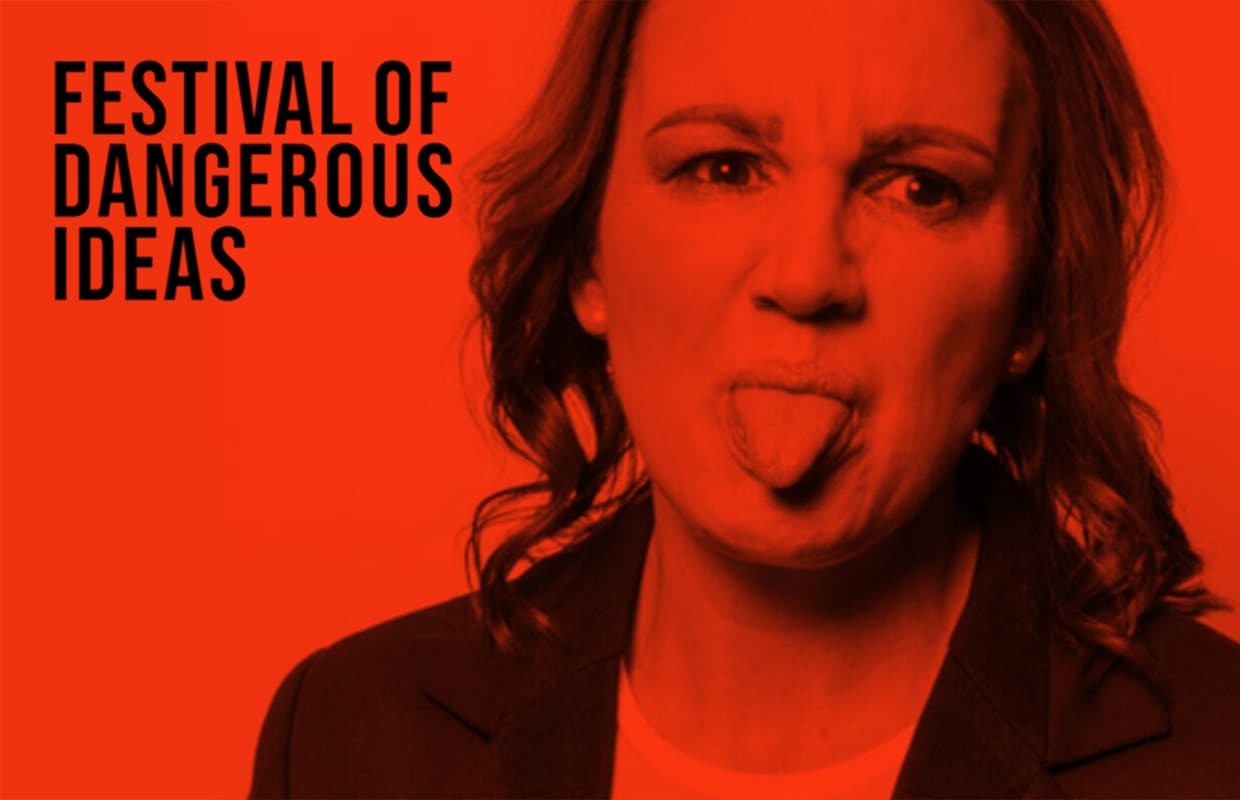At the Festival of Dangerous Ideas at Carriageworks, Tasmanian Senator Jacqui Lambie made her case to the audience that the Australian system can — and should — be blown up. What does this look like? To Lambie, an independent, the solution seems obvious: a parliament full of independents.
First, what Lambie identifies as the core problem of Australian politics: the party system. “Parties do not run on merit, they run on loyalty,” she argues, to the point that by the time a politician from a major party makes it to a position where they are able to make a difference, they are obliged to hold the party line no matter what.
It is not immediately clear that this is a bad thing — if we elect a party based on their policies and beliefs as a group, should they not then put these into practice? The problem, as Lambie puts it, is that voters “vote based on the brand and you get burned. Because the brand doesn’t match the product.”
“People vote for progressive parties with the expectation that they pass progressive policies,” Lambie explains, citing examples from the Labor Party: MPs defending offshore detention as a part of Operation Sovereign Borders, Senator Penny Wong having to hold the line against same-sex marriage under the Gillard government, and a sitting progressive Prime Minister who still maintains stage three tax cuts at a cost of $250 billion while refusing to raise welfare.
She attributes the reason for this mismatch to the inertia of large parties, being unable to “actually change on a dime as new MPs are elected.” Lambie did not explain how this inertia interacts with the democratic structures on a branch level within the Labor and Greens parties.
Herein lies Lambie’s solution, as she asks the audience to “imagine what would happen to this country if we let MPs think for themselves.” Under this model, no longer would safe seats be relegated to the backburner. With strong independents in every seat, Parliament would be full of people campaigning for their own beliefs and their own constituents.
Given that this is Lambie’s modus operandi, it would be easy to see this as a political model in her own self-interest. She acknowledges that it is indeed in her interest, not as a politician or a senator but as a voter.
Safe seats, according to Lambie, are the worst place to be a voter. “Safe seats don’t matter to parties,” she argues, “they stack them with hack candidates who do not give back to the community… [safe seats] are last on the list.” Citing Frydenberg in Kooyong and Keneally in Fowler as examples, Lambie believes that the most effective way to get genuine political representation for your community is to vote for anyone besides the incumbent.
“Make their seats unsafe,” she decried, “make them work for it.”
Lambie’s focus on independence from the party structure is certainly given credence by her own history. Lambie’s history is chequered to say the least, riddled with right-wing talking points and racism, such as pushing for a burqa ban, which she notes as her biggest political regret. As recently as 2020, she voted with then-PM Morrison against the medevac bill, while claiming she had struck a deal to ultimately benefit those in offshore detention.
At the same time, she has also been a progressive presence in Parliament — campaigning in favour of raising the age of criminal responsibility, for a Royal Commission into Defence and Veteran Suicide, and strongly against the Higher Education Bill that saw our degree costs skyrocket.
Lambie sees the kind of parliamentary negotiations and compromises that she’s been a part of as inherently productive and democratic, forcing everyone involved to better understand the issues and argue for their importance.
This compromise is core to her vision of a reformed Parliament. With independents as our representatives, “God forbid, we’d all have to work together.” Even if your seat doesn’t help form a majority, without major parties every seat would have a real voice in governance. This is a particularly interesting element of Lambie’s argument: that even an opposition deserves to be heard, to have compromises made in their favour.
Lambie concluded her speech by acknowledging the pitfalls of such a plan. Without the brands of major parties to go by, voters will need to do much more work to decode the political stances of their candidates. In her mind, this would result in increased visibility, accountability, and compromise from our representatives.
She singled out young people as needing and deserving a political system that forces their peers to be more switched-on. “With no major parties, people at the ballot box would have to think.”
“We’ll all have to be more engaged, and I’m sorry but that’s not a bad thing.”
It’s easy to find Lambie a refreshing political presence. Speeches from any politician, let alone one currently in office, often feel so closely edited as to be completely without meaning. Regardless of the feasibility or consistency of her political vision, Lambie’s candor is, as always, deeply enjoyable.





